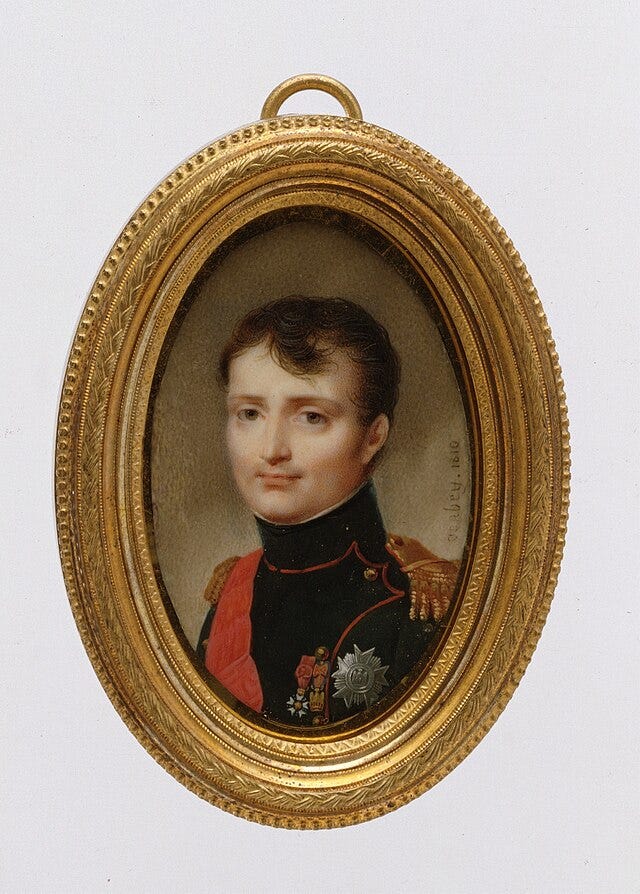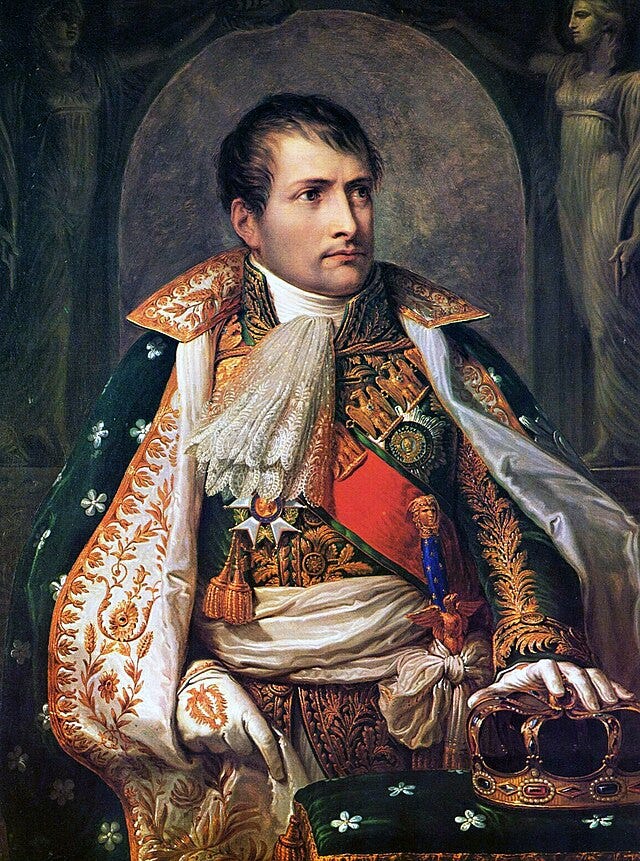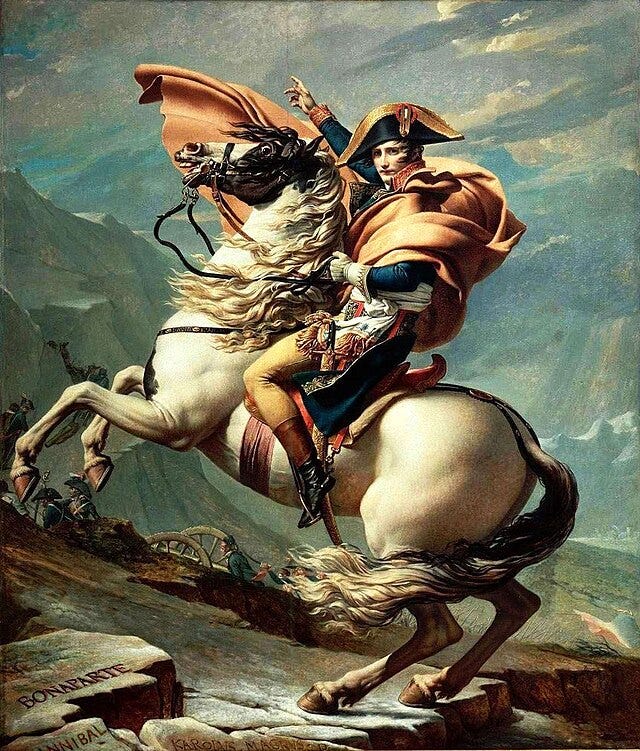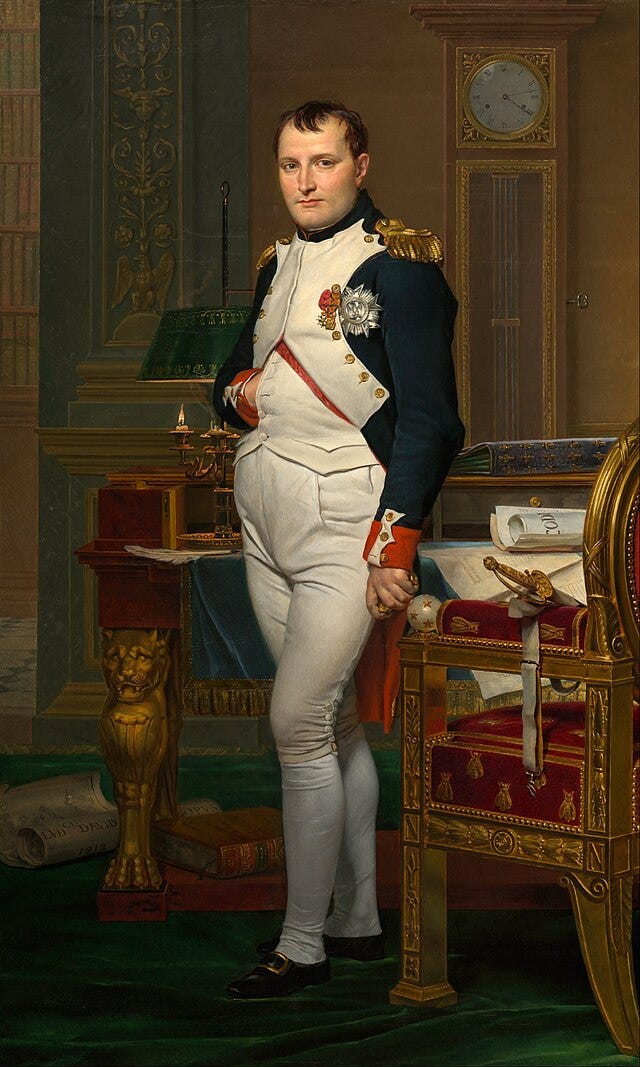Napoleon’s Wildest Secrets: 15 Facts That Shock!
Napoleon’s infamous 1807 rabbit hunt took an embarrassing turn when thousands of domesticated rabbits charged him and his party instead of fleeing, forcing the Emperor to retreat to his carriage. (ripleys.com)
Before his conquests, a young Napoleon penned a passionate romantic novella, ‘Clisson et Eugénie,’ at age 17, revealing a surprising, vulnerable side of the future emperor. (The Guardian)
Napoleon’s iconic hand-in-waistcoat pose, popularized by Jacques-Louis David, wasn’t just artistic license; it became a widely imitated symbol of leadership and calm across 19th-century Europe. (mentalfloss.com)
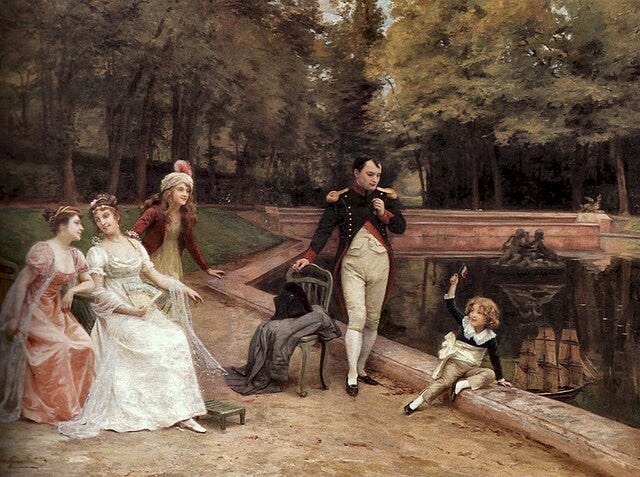
Debunking the ‘Napoleon complex’ myth: The Emperor’s height of 5’6” was average for his time, with confusion stemming from differing measurement systems. (BBC News)
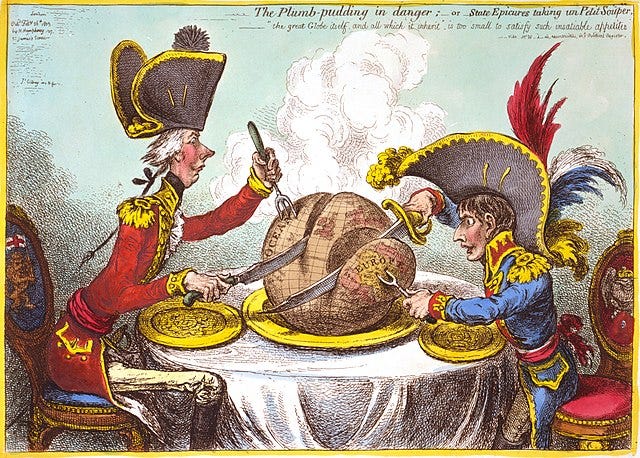
In an unprecedented display of power, Napoleon famously crowned himself Emperor in 1804, taking the crown from the Pope’s hands and asserting his ultimate authority. (History Extra)
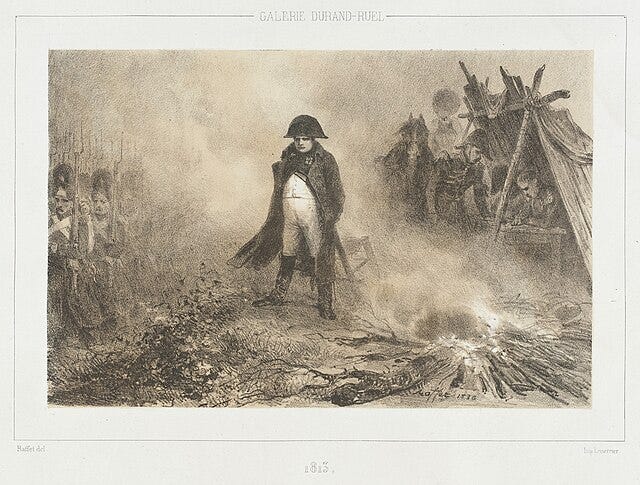
Beyond military conquests, Napoleon championed the metric system, establishing a standardized, logical system of measurement still influential worldwide. (Encyclopedia Britannica)
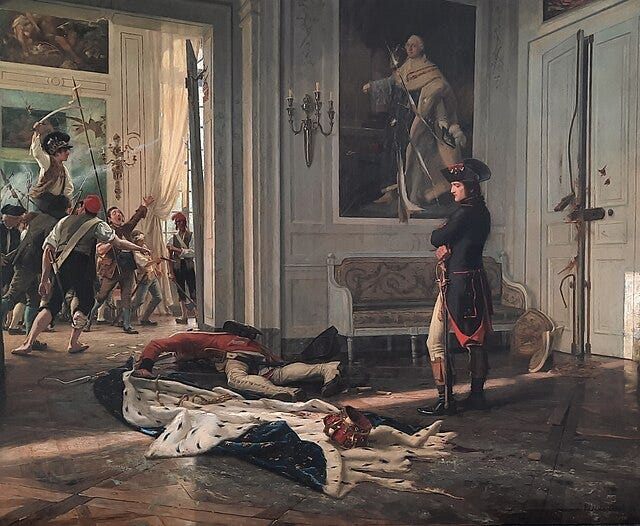
Napoleon’s Egyptian campaign inadvertently led to the discovery of the Rosetta Stone and spurred modern Egyptology, as he brought scholars to document ancient wonders. (Smithsonian Magazine)
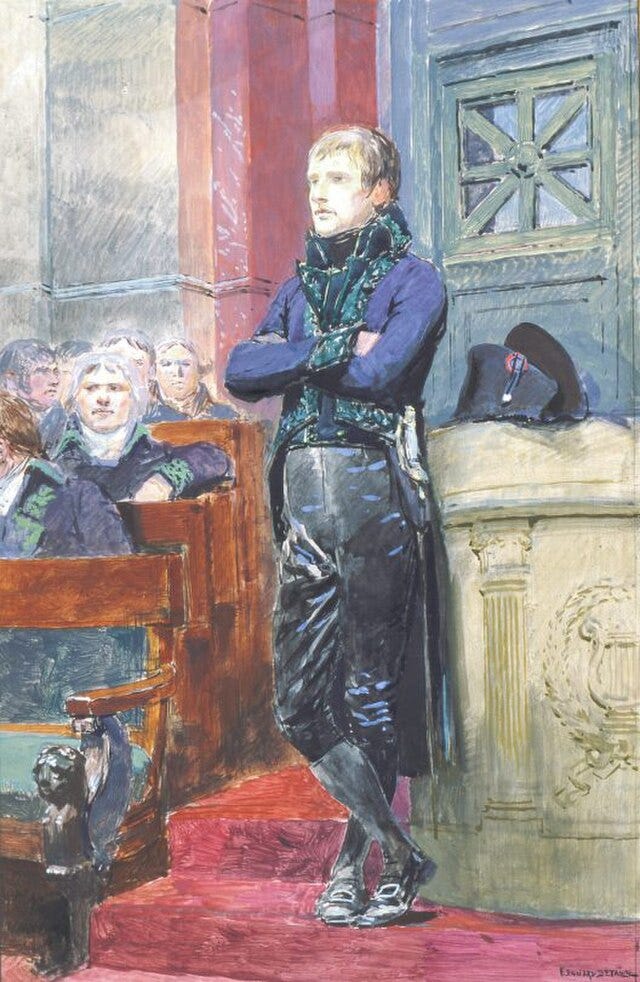
Could the mighty Napoleon Bonaparte have suffered from ailurophobia? Anecdotes suggest a surprising fear of cats, even during battle. (mentalfloss.com)
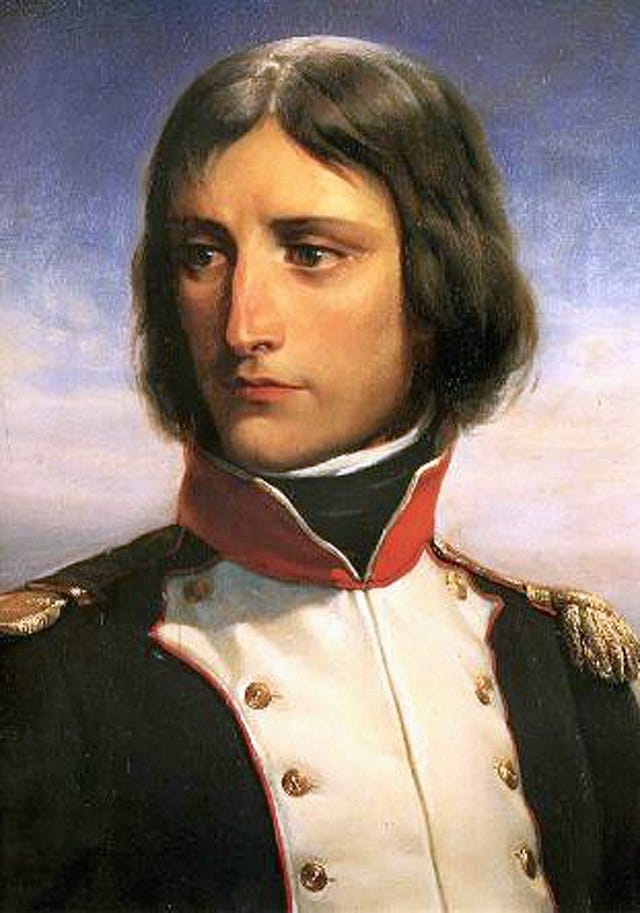
Exiled to Elba in 1814, Napoleon pulled off an astonishing escape less than a year later, reclaiming France for his legendary ‘Hundred Days’ comeback. (History.com)
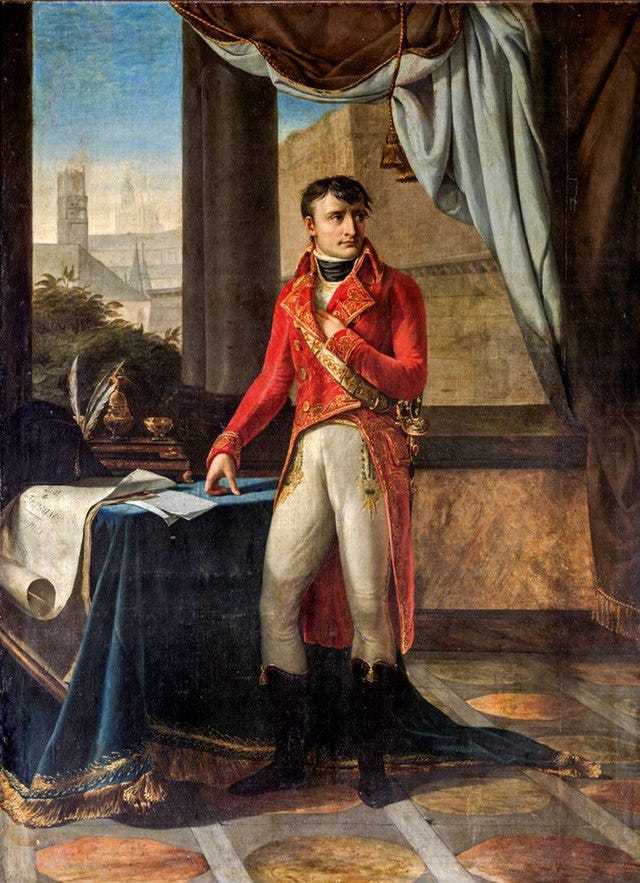
The ‘Code Napoléon,’ his lasting legal legacy, codified French laws on property, civil rights, and family, still influencing legal systems across the globe. (Encyclopedia Britannica)
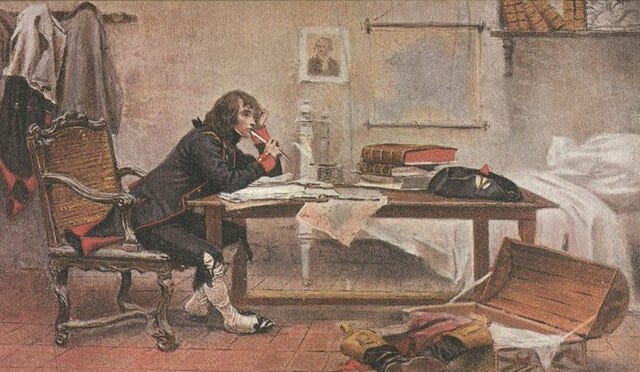
Days before his defeat at Waterloo, Napoleon reportedly suffered a severe illness, which may have critically impaired his judgment during the pivotal battle. (nationalgeographic.com)

Napoleon offered a prize for food preservation, leading to Nicolas Appert’s revolutionary invention of canning—a technology born from military necessity that changed the world. (HistoryNet)
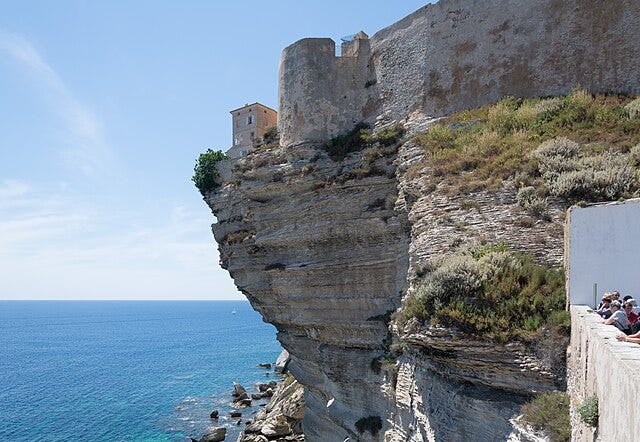
Napoleon’s favorite scent wasn’t gunpowder; he reportedly used two bottles of eau de cologne daily, showcasing a surprisingly fastidious side.
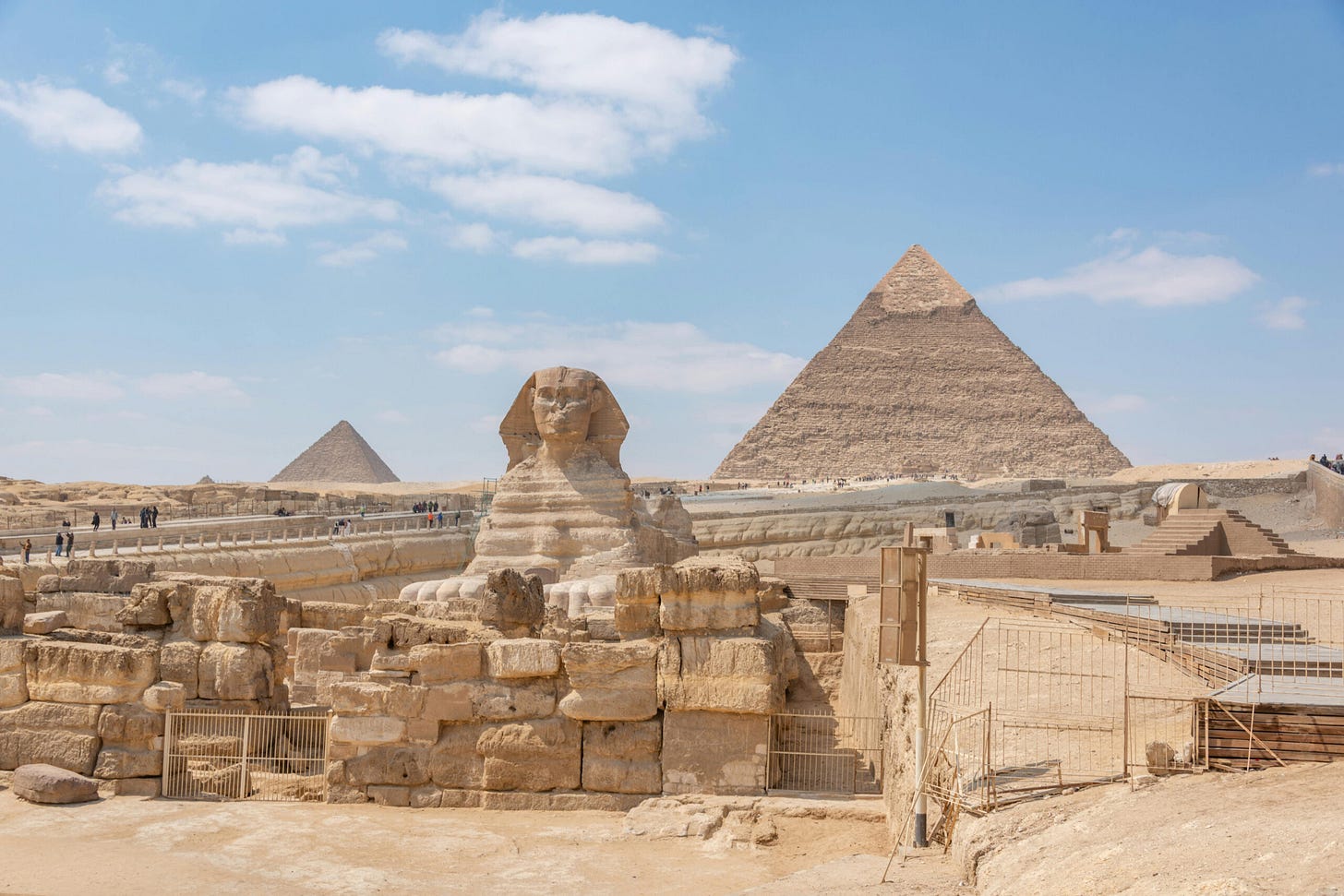
In Egypt, Napoleon’s engineers reportedly designed a battlefield tactic using mirrors to blind and disorient enemies—an early example of his surprisingly unconventional military innovations. (Military History Now)
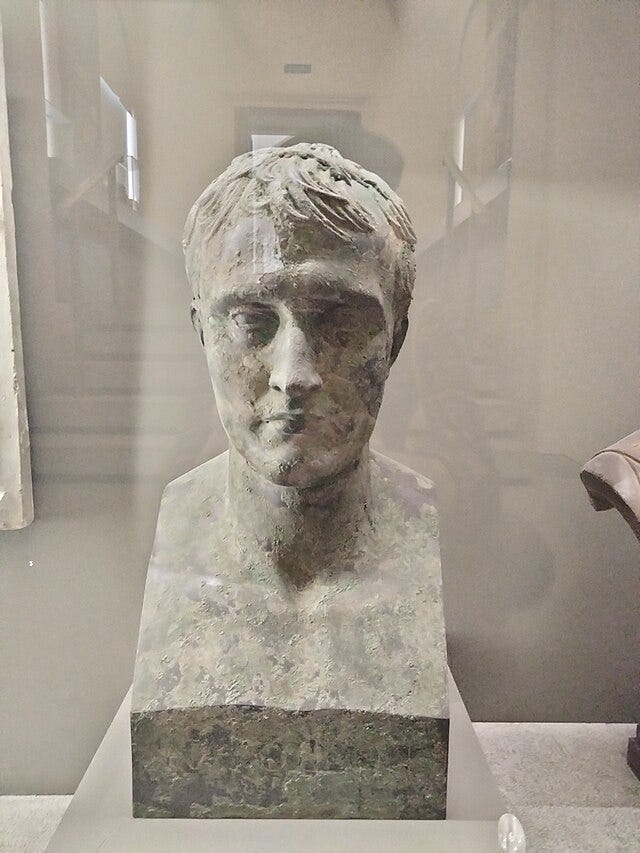
The mystery surrounding Napoleon’s death masks persists: debates rage over their authenticity, with claims of a stolen cast by his attendant fueling the historical enigma. (Atlas Obscura)
